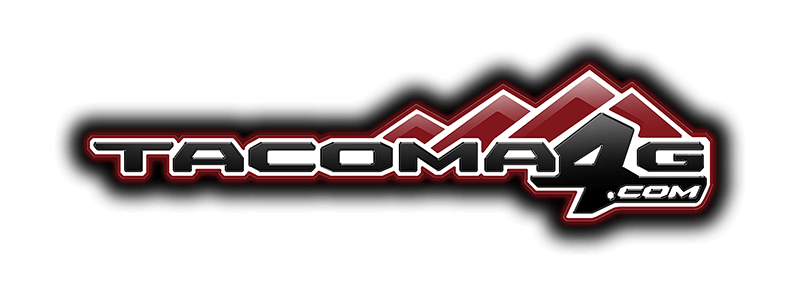SnowmanJPS
Well-known member
- First Name
- Josh
- Joined
- Feb 11, 2024
- Threads
- 4
- Messages
- 150
- Reaction score
- 138
- Location
- NS, Canada
- Vehicle(s)
- 2022 Subaru Outback XT (24 Pro on order)
It’s not required on my 2022, I choose to run premium, especially on a turbo engineHy bud you're supposed to running premium in Suby turbo'd engines. I have an STi and an Outback XT. Just being safe and hoping to help.
Sponsored

 The results are quite shocking, to say the least. 85 Octane vs. 91 Octane on the stock calibration:
The results are quite shocking, to say the least. 85 Octane vs. 91 Octane on the stock calibration: